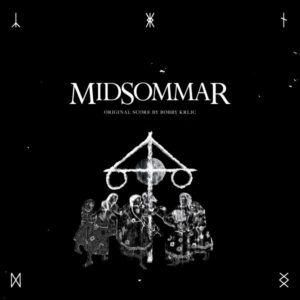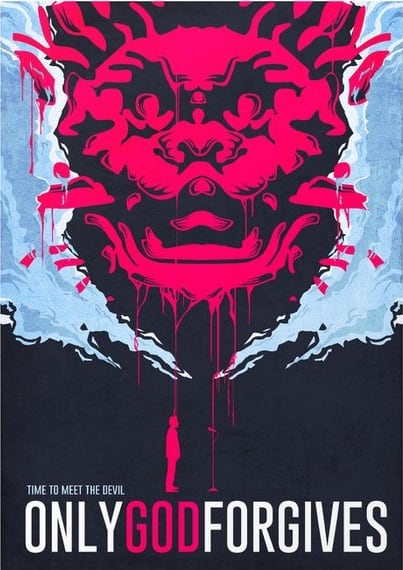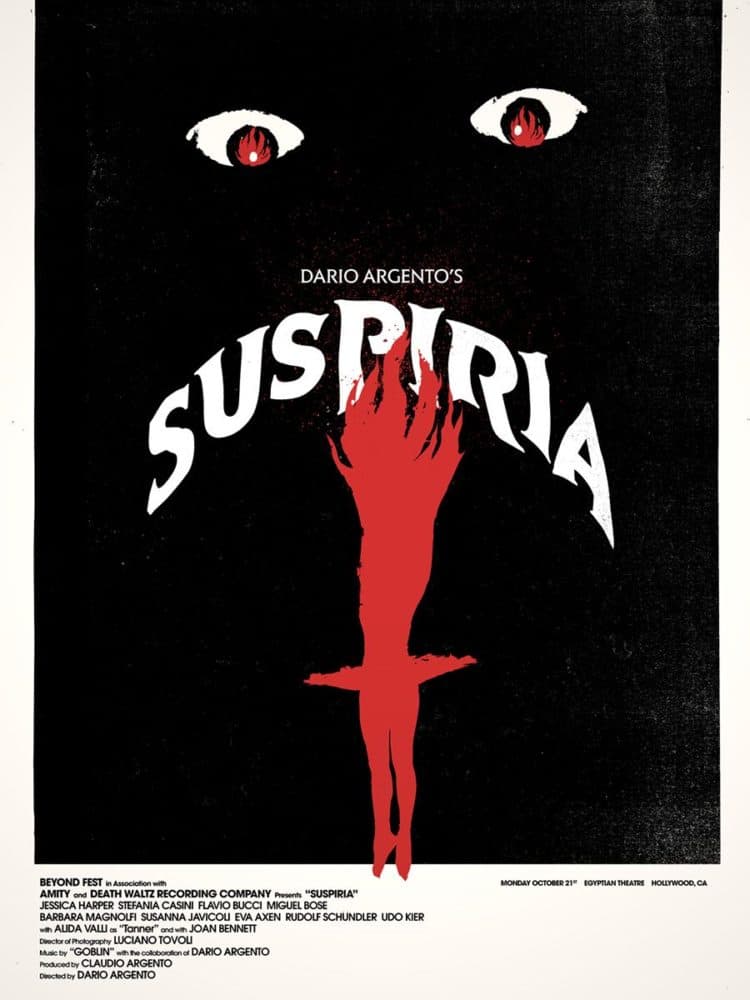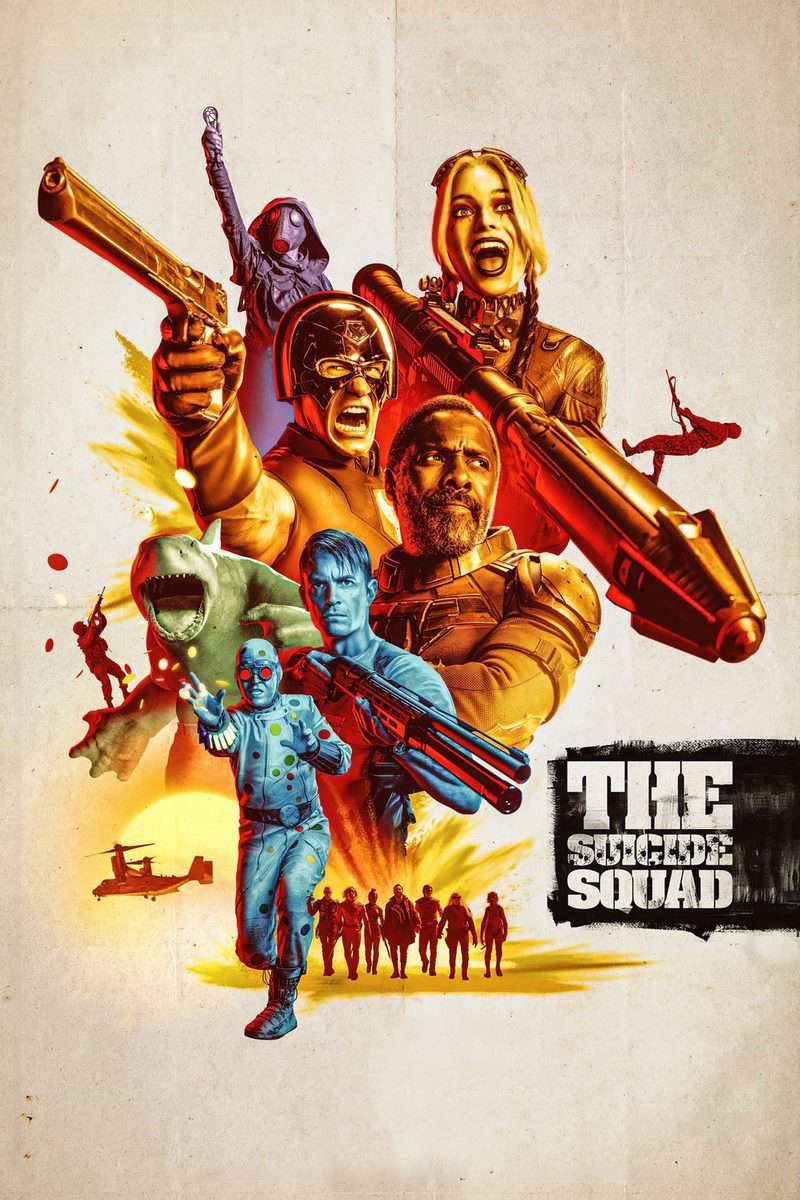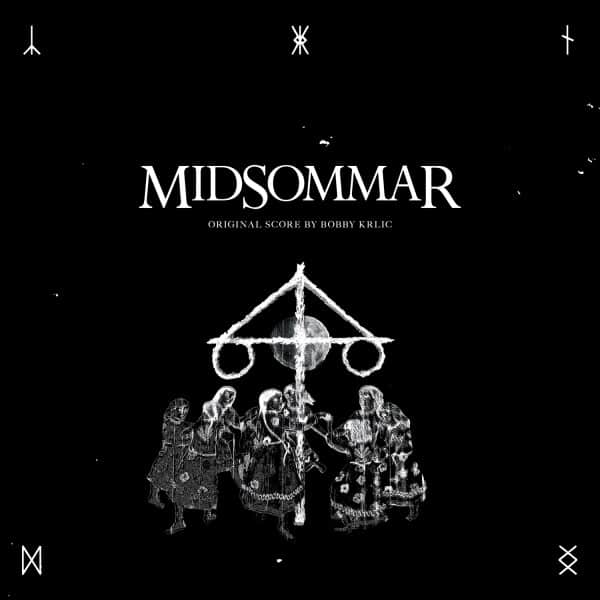
There can be catharsis in even the deepest grief. Such is the case in Bobby Krlic’s score for Midsommar, in which he manages to salvage warmth and respite from a slow decay into madness and sorrow.
People have immediately compared Krlic’s score for Midsommar to Colin Stetson’s score for Hereditary. While Ari Aster directed both horror films, each of which deeply involve grief, that is where the similarities end. Stetson takes an avantgarde approach to the noise, shock, and discord, fitting for the film’s surges of brutality and more traditional horror. Krlic, meanwhile, takes a slower, meditative approach that is more appropriate for the languid pace of Midsommar.
Drawing from his extensive experience in dark ambient (taken his alter ego “The Haxan Cloak”), Krlic makes extensive use of droning synths and strings to hypnotize the listener before drawing them between emotional extremes. Krlic opens the score with a brief Nordic fantasy introduction, before shattering it with the pained wails of the main character, Dani. Her cries morph into a piercing string section that mimics her pain, slowly boiling over from a deep-seated, internalized malignancy into an outpour of grief.
The score follows this very broad pattern as Dani struggles to cope with her recent trauma. At times it is under control but bubbling under the skin, at others it erupts in torrents. And, sometimes, it seemingly disappears altogether when she is ensorcelled by the beauty and promise of this Swedish commune. Although not present on the released score – and perhaps not composed by Krlic at all – diegetic Nordic folk weaves a hypnotic and alien bewitchment upon all those outsiders visiting the commune.
A warmth emerges out of this cycle, a tumult of pain and mourning eventually leading to closure and new beginnings. Only by enduring pain can we learn to cope and, eventually, heal.
